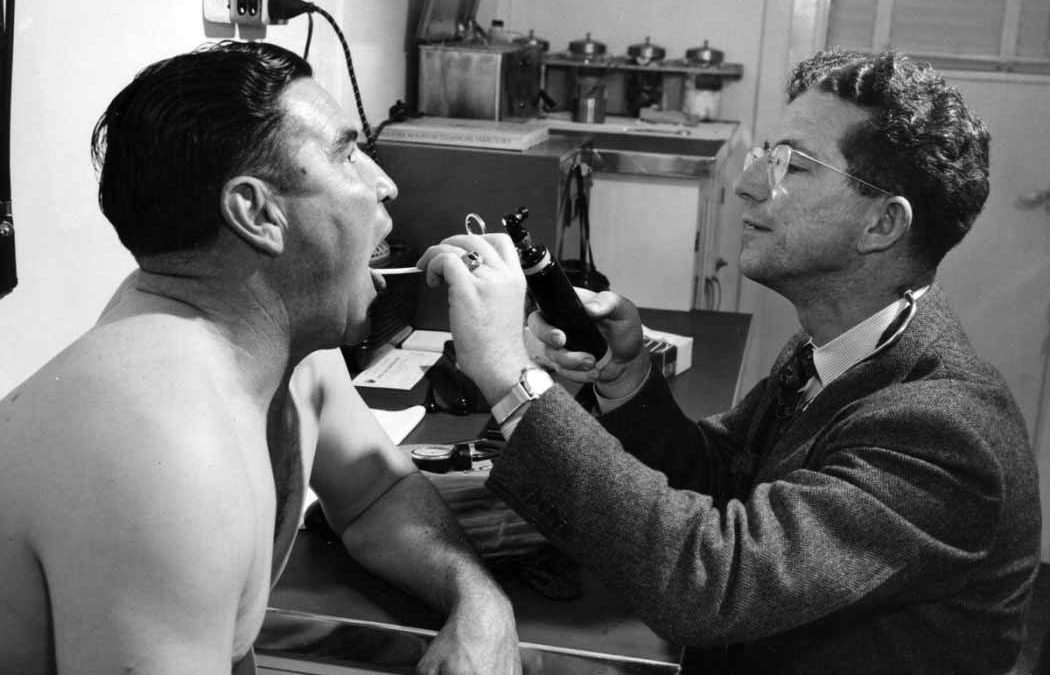Anodes and adenoids. Two strange-sounding terms that seem like they should be interchangeable. But they are not. Far from it, in fact.
It’s a strange word, the anode. More times than not, RVers call the little magnesium or aluminum rod in their water heater tank by the wrong word — adenoid. Are they one in the same? Of course not, but we bet you don’t know what an adenoid really is.
There are two primary manufacturers of RV water heaters: Atwood, now owned by popular RV appliance provider, Dometic, and Suburban. Atwood water heaters tend to be smaller (6- or 10-gallon) while Suburban’s are mostly larger (12- or 16-gallons in capacity).
There are three main ways to heat the water in an RV hot water tank: Propane, electricity, or from the heat of the engine. Electric is usually the most convenient, however using the heat from your engine is the most economical (the RV’s drive engine gets hot naturally and you’re just using some of the excess heat to heat up water). Most RV water heaters are dual fuel: electric and propane. Almost everyone with a dual-fuel water heater uses electricity because it’s easier (there’s no pilot to light) and more convenient (just switch on the heater and in a short time, you have hot water).
Water heaters, in general, are vulnerable to rusting and corroding, because of the composition of water and the process of how the materials that manufacturers use to make water heater tanks, such as steel, react to oxygen and moisture. There are many issues a manufacturer has to consider when designing their water heaters:
Acidity. Gasses, such as carbon monoxide, naturally dissolve in water, making it highly acidic.
Chemical processes. When steel comes in contact with oxygen or moisture, the process of rusting and corrosion begins.
Heat. Water heaters operate at a high temperature, and heat hastens the process of corrosion.
Different materials. Manufacturers use a variety of materials in designing and building their water heater, and these materials create electrical conductivity, an environment that also speeds up corrosion.
Installing an anode rod — a solid rod of either magnesium or aluminum (often with a little zinc in it) — counters many of the problems inherent to water heater operation. The anode rod succumbs to corrosion before the other components of the water heater. It delivers electrons into the tank, creating an environment that prevents corrosion of the tank and its elements. Experts often refer to the anode rod as the “sacrificial lamb,” because it sacrifices itself to corrosion in order to protect the more expensive water heater.
Generally, Suburban brand water heaters require an anode rod to protect the steel tank from corrosion. The rod is made of a metal that sacrifices itself, so that corrosion will attack the rod before attacking the steel tank. Atwood brand water heaters generally don’t use anodes because their tanks are made of aluminum.
Here’s what Suburban has to say about anodes: “All Suburban water heaters are protected by a magnesium or aluminum anode to prolong the life of the tank. Under normal use, the anode rod will deteriorate. Because of this, we recommend it be replaced annually or when consumption or weight loss of the rod is greater than 75%. Note: Water with high levels of iron and/or sulfate will increase the rate of deterioration. To extend anode life, drain water from tank whenever the RV is not being used. Avoid any extended time of non-use with water in the tank.”
Installing an anode rod in an Atwood water heater is not necessary and, according to Atwood, doing so will void its two-year warranty.
So what’s an adenoid? The adenoids are glands located in the roof of the mouth, behind the soft palate where the nose connects to the throat. The adenoids produce antibodies, or white blood cells, that help fight infections. Typically, the adenoids shrink during adolescence and may disappear by adulthood.
So in some ways, yes, anodes and adenoids are similar. Both are intended to protect the “vessel” they are a part of in their own unique ways. Just don’t confuse your doctor by referring to your “anodes” nor your RV repair guy by asking about replacing your “adenoids.”

